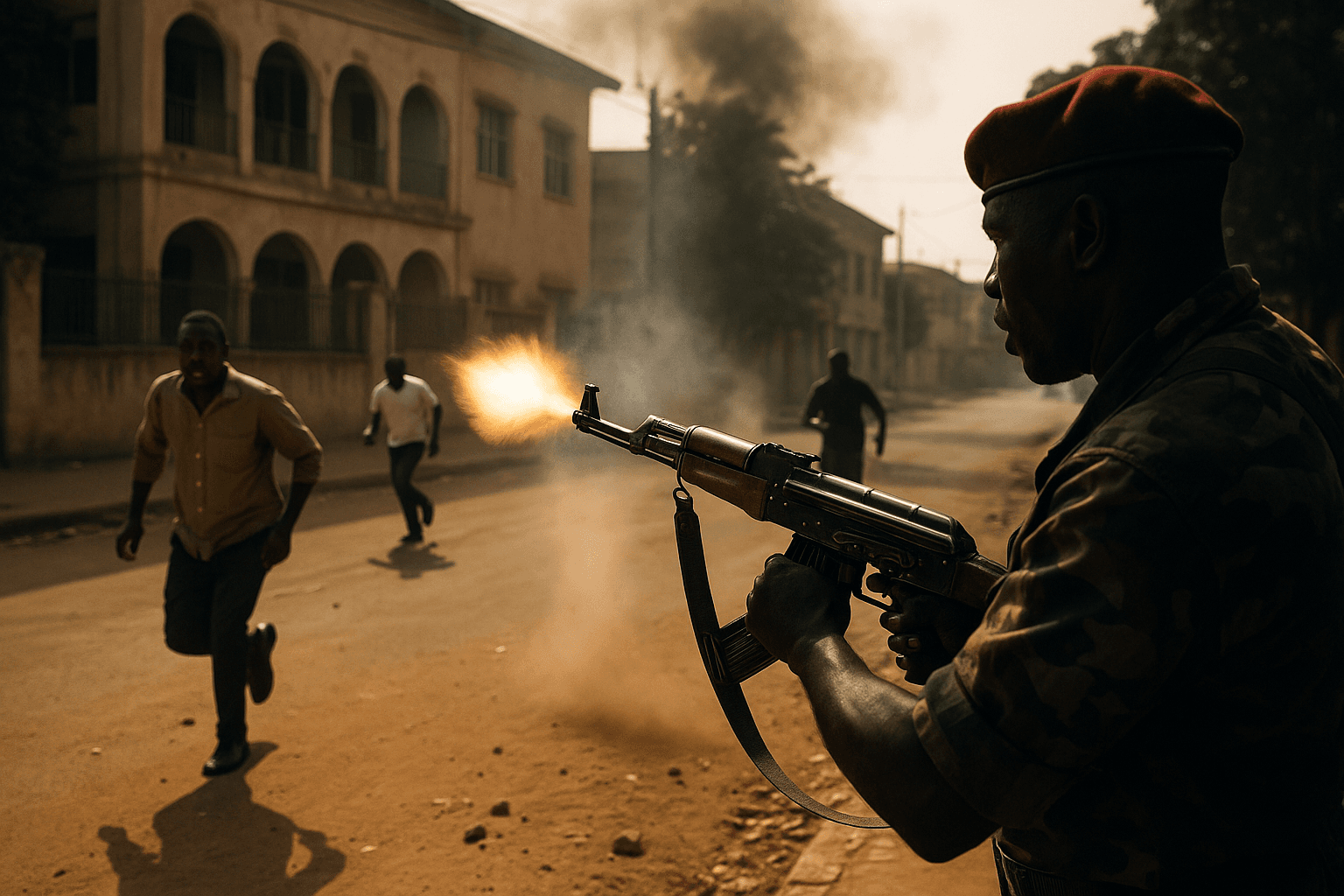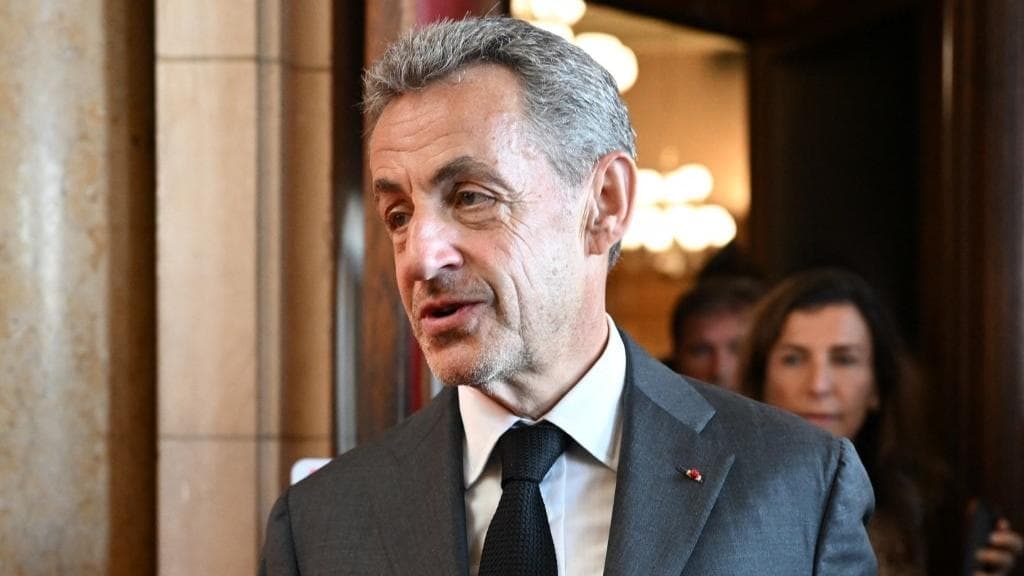Gunfire Erupts Near Guinea Bissau Election Commission As Results Loom
Witnesses and a Reuters correspondent report sustained gunfire around the national election commission headquarters in Bissau as provisional results are due. The outbreak of violence comes after a weekend presidential ballot in which both the incumbent and a leading challenger claim victory, raising fears of renewed instability in a country long troubled by coups.

Sustained gunfire erupted around the national election commission headquarters in Bissau on November 26, as provisional results from a tense presidential vote were awaited. Witnesses and a Reuters correspondent reported the shots near the commission building, and local sources said additional gunfire was heard near other government installations while residents fled the area.
The vote was held over the weekend and produced competing claims of victory from both the incumbent and a leading challenger, intensifying an already fraught atmosphere. With provisional counts due, the sudden burst of violence heightened concerns that the electoral process could be disrupted or undermined by intimidation. It was not immediately clear who was responsible for the gunfire.
Guinea Bissau has a history of political turbulence marked by coups and chronic instability. The current episode underscores the fragility of institutions in a country where disputed outcomes can quickly escalate into confrontation. Electoral authorities are now faced with the dual challenge of completing an accurate provisional count while ensuring the safety of their staff and the public.
International observers and regional partners are expected to monitor developments closely as the provisional counts proceed. Any sign of interference with the electoral process could prompt rapid diplomatic reactions and calls for restraint from neighboring states and multilateral bodies. At stake is not only the legitimacy of this contest but also the precedent it sets for future transfers of power in a country whose stability has implications for regional security and migration patterns.

Residents near the commission and in adjacent districts described scenes of panic as people sought shelter or fled the area. The movement of civilians away from government centers raises immediate humanitarian concerns and complicates logistics for election officials who must collect and verify tallies. Disruption of transport and communications could delay the release of provisional results, creating a vacuum that may be exploited by actors seeking to assert control or influence public perception.
Security forces’ response will be watched for signs of restraint or escalation. A measured approach that preserves the safety of civilians while enabling electoral authorities to complete counts would reduce the risk of spiraling violence. Conversely, heavy handed measures or ambiguous use of force could further inflame tensions and erode confidence in the process.
For international actors the key question will be whether provisional results are accepted and whether losing parties pursue legal channels rather than street mobilization. The coming hours are likely to shape immediate diplomatic engagement and the tenor of international statements. As provisional figures are tallied, the priority for both domestic leaders and external partners will be to preserve order, verify the credibility of the count, and prevent the crisis from deepening into a wider confrontation.

